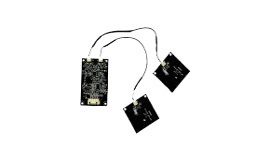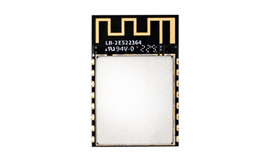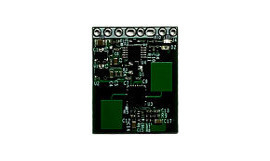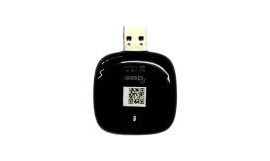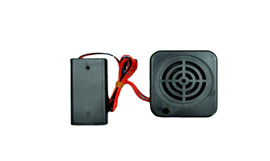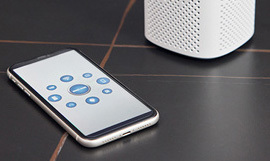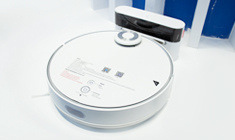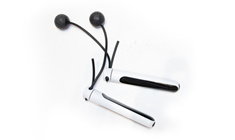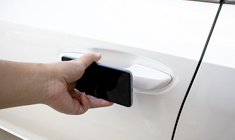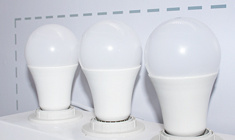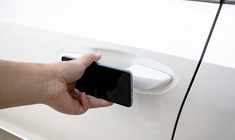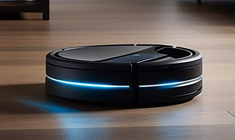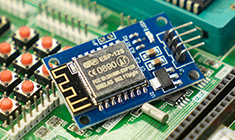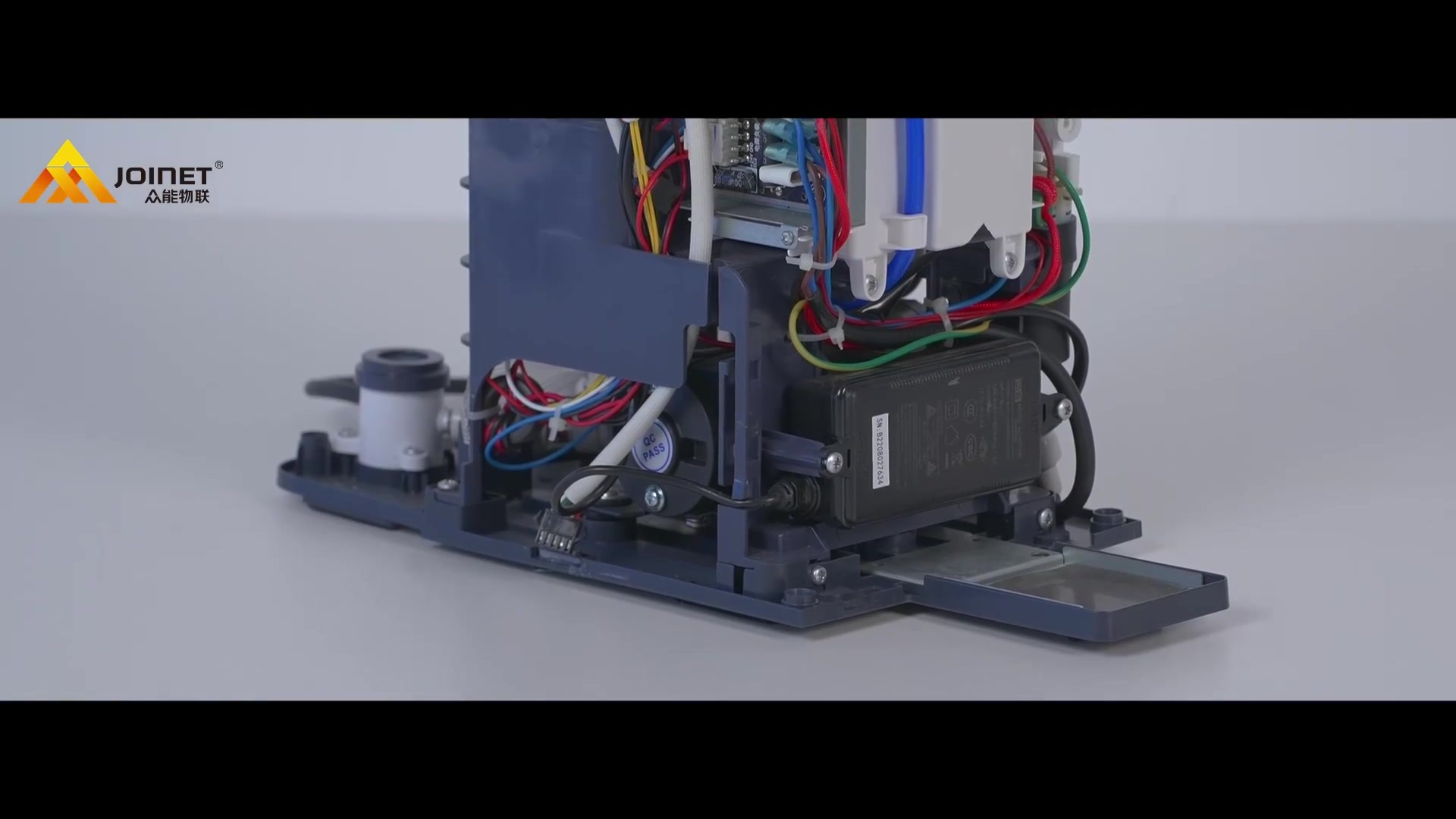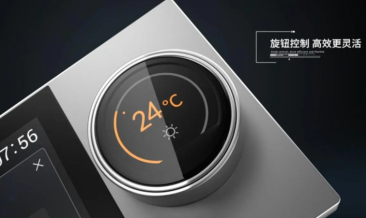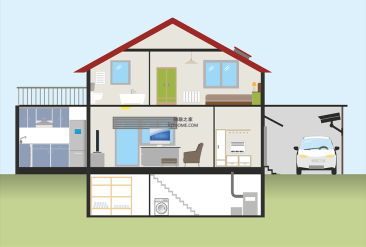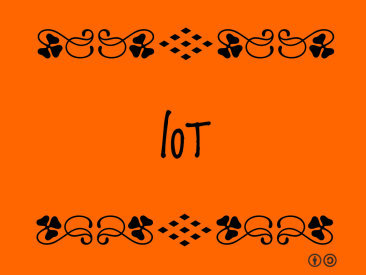
Smart home, the new commercial blue ocean
Release Time:
2020-08-29
Recently, Amazon invested about $1 billion to acquire the US smart doorbell company Ring, which is a new effort by Amazon to improve the security of package delivery and an important layout for the company to enter the smart home industry.According to the data, Ring’s core technology is to connect
Recently, Amazon invested about $1 billion to acquire the US smart doorbell company Ring, which is a new effort by Amazon to improve the security of package delivery and an important layout for the company to enter the smart home industry.
According to the data, Ring’s core technology is to connect a doorbell with a camera to the homeowner’s mobile phone or tablet, allowing the homeowner to have a remote visual conversation with visitors or couriers and monitor the security of the home.

Outside the central cities of the United States, most of the houses are single-family, which makes it difficult for express delivery. When the head of the household is not at home, the package is easily lost outside the house.
Last year, Amazon independently developed a smart door lock called "Amazon Key". When the head of the household is not at home, the courier is authorized to open the smart door lock to enter the home, put down the package and lock the door to leave. The head of the household uses a camera to remotely monitor the lock. the whole process.
The technology was later found to have a security flaw that could allow it to be unlocked remotely by hackers. Amazon's acquisition of Ring will address this security issue with its more reliable smart doorbell technology.
Amazon 's acquisition of Ring is a microcosm of the tech giant's foray into the smart home space. In recent years, Google, Apple, Microsoft, Samsung, etc. are stepping up their deployment of the smart home industry.
For example, Google has launched Google Home, a smart home control device with voice interaction functions, Apple has released a smart speaker HomePod, Microsoft has developed a smart thermostat GLAS that can automatically detect room air quality, and Samsung has launched smart TVs, smart washing machines, and smart phones. Various products such as refrigerators and smart lights.
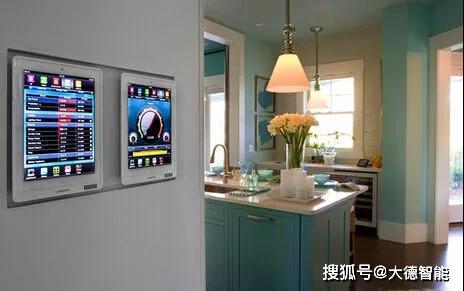
Currently in the U.S. market, the top three categories of smart home products are web cameras, smart speakers, and smart doorbells. Cameras and doorbells are mainly used for security functions and are used to remotely control residential security. Smart speakers with human-computer interaction and dialogue capabilities are mainly used for entertainment, and some products also have the function of an intelligent control center.
It can be seen that the products currently consumed by users are mainly small smart items, but the future direction of smart home is likely to be the overall intelligence of home appliances in the house:
Including residential security systems that can be monitored remotely, namely smart doorbells and smart door locks;
· Intelligent air conditioning and air purification system that can be activated remotely;
Human-computer interaction, voice-controlled entertainment audio and lighting systems ;
· Kitchen and home cleaning systems that help people get rid of the burden of housework, etc.
For smart home to truly achieve the above goals and realize systematic and integrated smart solutions, further investment in technology is required.
Chinese companies started late in the smart home industry, but they have a bright future. On the one hand, China has built a wide-ranging Internet infrastructure, and a number of technology companies have accumulated relatively high technology in the fields of artificial intelligence, speech recognition, and IoT technology;
On the other hand, China's traditional home appliance manufacturing industry is very capable. More importantly, the consumption power of Chinese residents continues to rise, providing a broad market for the smart home industry. According to the forecast of Analysys Think Tank, the scale of China's smart home market is expected to reach 180 billion yuan in 2018. At present, technology companies such as Xiaomi, Tencent, Alibaba, and Daedeok Zhongdian, as well as traditional home appliance companies such as Haier, Midea, and Gree, are actively deploying the smart home market.
Under the influence of multiple factors such as technological progress and consumption upgrades, the smart home industry is driving a new wave of consumption upgrades. If enterprises can inject artificial intelligence and Internet technology into traditional household products and create products that better meet the needs of residents, they may create a new blue ocean of business.
Reprinted on Sohu

Guangdong Joinet IOT Technology Co.,Ltd
Manufacturing Base:
Joinet Technology Park,No. 168 Tanlong North Road,Tanzhou Town,Zhongshan City,Guangdong Province,China
Pre Sales Hotline:19966308713 13823973022
Switchboard:0760-8663 0003 (transferred) 523
Pre Sales Email:sw@znaiot.com


Contact Us:
Looking forward to your call anytime


